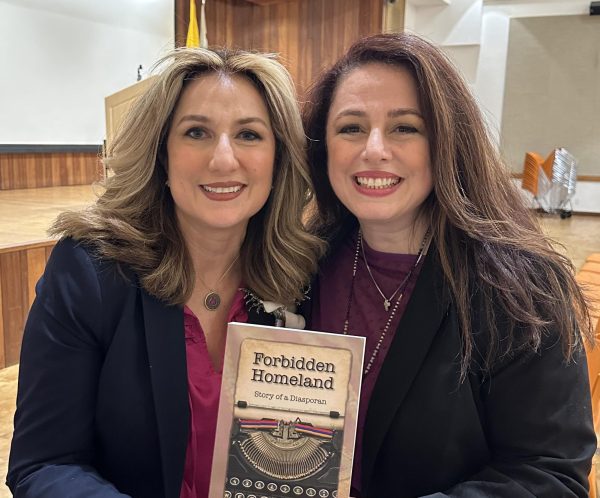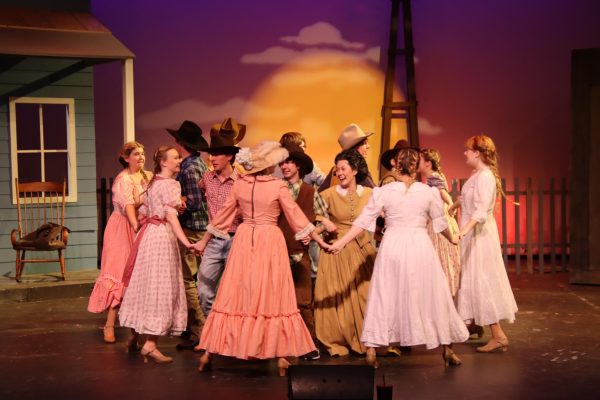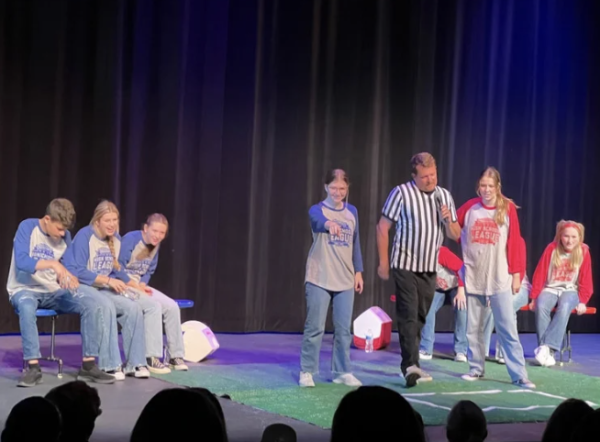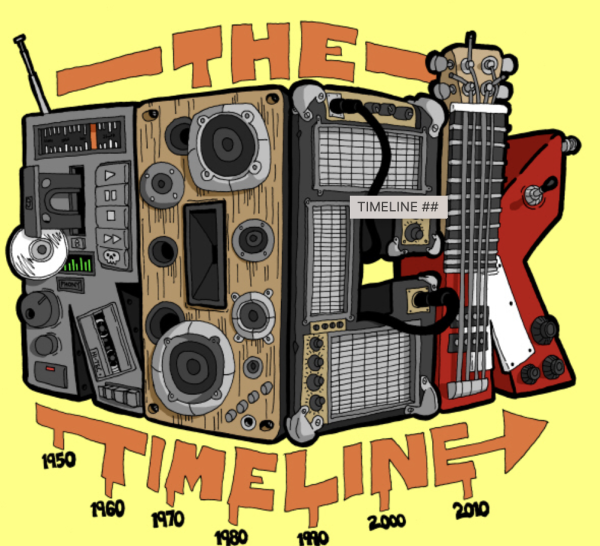Eggcorns
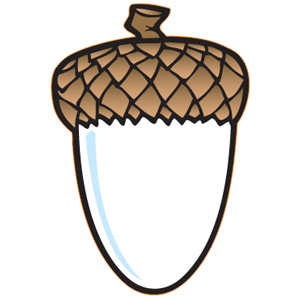
June 3, 2015
Every year, Merrian-Webster adds new words to the dictionary. This year’s list of over 1,700 is dominated by tech-driven words like emoji and clickbait (clearly spell-check is not up-to-date with the new additions because as I write “clickbait”, the red wiggly line appears and my computer insists on trying to separate it into two words). However, one of the more interesting additions is the word eggcorn (again, the wiggly line – come on Microsoft, get with the times!).
According to Wiktionary (now you’re talking Microsoft – you recognize that one), eggcorn is a term coined by a linguist, Geoffrey K. Pullman, who was studying the case of a woman who thought the word acorn was actual eggcorn. He felt the term was a useful one to describe the phenomenon of creating words or phrases that sound similar to the original and make sense in the context of their usage. A most obvious example illustrating this point is the use of the term Old Times Disease for Alzheimer’s Disease.
An eggcorn differs from a malapropism in this significant way. According to YLHS’s resident expert in linguistics, Mr. Cadra, a malapropism is
a humorous misuse of words where one word is substituted with a similar sounding word which alters the intended meaning of the sentence in an amusing way. Malapropisms are unintended and are usually the result of misspeaking or not knowing the true meaning of a word. If I intend to say, “I am silently correcting your grammar” but I actually say, “I am silently correcting your grandma,” I have committed a malapropism. Carry on, grandma.
Although eggcorns could be considered a subset of malapropisms, they are focus specifically on terms that make contextual sense. In fact, the terms that are created in this phenomenon sometimes make more sense than the original (http://eggcorns.lascribe.net/browse-eggcorns/):
boisterous -> voiceterous
catnap -> catchnap
defamation of character –> deformation of character
exclamation point -> explanation point
foregone conclusion -> far-gone conclusion
layman’s terms -> lame man’s terms
might as well -> mine as well
old wives’ tale -> old wives’ tail
out of body experience -> outer body experience
parting of the ways -> parting of the waves
pedestal -> pedastool
rabble-rouser -> rebel rouser

Clearly, this whole category of terms will eventually be added as future entries into Merrian-Webster’s dictionary. How have we gotten along without escape goat for scapegoat?


















